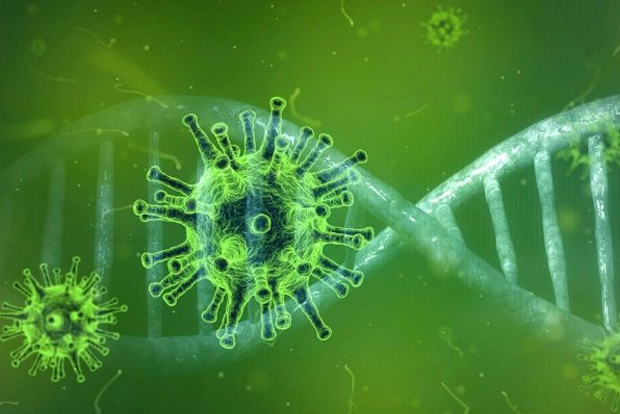Begin typing your search...
Preparing for the worst
With the number of COVID-19 cases in India breaching the 29,000 mark, it might be time for healthcare institutions in the country to consider preparing triage protocols in hospitals to deal with the surging coronavirus crisis.

Chennai
In countries like the US, Italy, and Spain, which bore the brunt of the pandemic, doctors and specialists were forced to follow these protocols to make excruciating life or death choices regarding which patient lives and which patient doesn’t, when faced with a shortage of critical medical equipment, drugs or infrastructure. From the provision of ventilators to the performing of CPR to revive non-responsive admits in high-risk containment zones, ‘triage protocols’ – which use tools to categorise patients according to those who need lifesaving interventions, to those whose survival is unlikely - are being followed in what is one of the biggest humanitarian crisis of our times.
The state of affairs in India, vis-a-vis the pandemic, makes a strong case to consider forming triage protocols here. For instance, in the financial capital Mumbai, over 7 lakh dwellers in the country’s largest slum Dharavi are under a drone-controlled lockdown. With 288 cases in the slum and 14 fatalities (as on Monday), a 2,500-member team is working day and night to keep the infection from spiralling out of control and preventing hospitals from buckling under pressure of new admissions. Last Thursday, Mumbai registered its single largest jump in COVID-19 cases with 522 people testing positive. Its tally stood at over 5,500 cases on Tuesday. That’s just the scenario with a single city in a nation, filled with densely-packed metropolises.
The coronavirus outbreak has compelled healthcare institutions around the world to reconsider the manner in which they deliver their services to patients in dire need of medical assistance. Italy’s Association of Anaesthesia, Analgesia, Resuscitation and Intensive Care had published new guidelines last month owing to the massive inflow of COVID-19 affected patients into its hospitals, a scenario that many likened to as ‘even worse than what is seen in war times’. The healthcare body expected a “huge imbalance” between the clinical needs of the population and intensive care resources over the next few weeks. So it told those on the frontlines: Give priority to those with “greater life expectancy.” It goes without saying that healthcare professionals entrusted with making such choices need to be granted a certain degree of immunity and autonomy while making such hard decisions.
The city of New York has led the way in this aspect as earlier this month, Governor Andrew Cuomo signed legislation that immunised healthcare providers for medical decisions they make in the course of caring for victims of the pandemic during the duration of the emergency.This action has been termed vital to ‘protecting doctors and nurses on the frontlines of this crisis’. In India, the recent amendment to the Epidemic Diseases Act that protects doctors and healthcare workers from acts of violence proved that when necessary, our judiciary can step up to enact laws that can work for the greater common good. While one hopes for the best, preparing for the worst seems imperative.Introducing an ordinance concerning triage protocols might be the next step in addressing concerns that are dangerously close to being eventualities.
Visit news.dtnext.in to explore our interactive epaper!
Download the DT Next app for more exciting features!
Click here for iOS
Click here for Android
Next Story



